- Home
- UFAI in the News
- UFAI in Print
- Do fat-soled running shoes protect aging joints?
Do fat-soled running shoes protect aging joints?
- Published 6/11/2014
- Last Reviewed 3/8/2022
Experts do know that when it comes to footwear, thicker soles, like those found on some men’s dress shoes or clogs, tend to provide more support and comfort, says Dr. Babak Baravarian, chief of podiatry, foot and ankle surgery at UCLA Medical Center, Santa Monica.

Fat-shaming is over — when it comes to running shoes, that is. Call them high-cushioned, maximal or fat, the latest trend in running is shoes so thick they almost look like orthopedic footwear. But whether thicker soles actually protect middle-aged joints or injured tendons is unclear, doctors say.
Until recently barefoot running was all the rage. People slipped into shoes that resembled aqua socks more than proper footwear to improve their running. It turns out that these shoes caused injuries and recently FiveFinger Shoes settled a lawsuit for overstating the health benefits. The tide has changed with runners going from less to more.
“The thought is that [the shoes] help a certain type of runner, especially if they are overcoming certain types of injuries,” says Dr. David Geier, an orthopedic surgeon and sports medicine specialist in Charleston, South Carolina. “They are thicker and they are … designed to roll through the stride a little better.”
The fat soles might help runners with injured Achilles tendons feel less pain and reduce stress on joints, in theory, at least. There aren’t any studies on the thick-soled shoes, yet.
Experts do know that when it comes to footwear, thicker soles, like those found on some men’s dress shoes or clogs, tend to provide more support and comfort, says Dr. Babak Baravarian, chief of podiatry, foot and ankle surgery at UCLA Medical Center, Santa Monica.
“Usually when we have a shoe that is fairly thick-soled and has decent support that is not wobbly … that is better than a thin-soled shoe,” says Baravarian, who believes barefoot running has absolutely no benefits.
Fat-soled shoes aren’t exactly new, just a twist on the neutral running shoe, explains Bryan Heiderscheit, director of the University of Wisconsin Runners’ Clinic and the Badger Athletic Performance Research. These shoes have all the basics of a traditional running shoe with added padding and support and a deep foot well that keeps the runner balanced.
“We haven’t yet seen any good studies done on this one. When people have brought them in and [we] measured the reaction … ultimately they worked they way they are supposed to work,” Heiderscheit says.
The padding in these shoes is distributed to minimize heel to toe drop to about four to six millimeters, less than a traditional shoe, which can have a 10 to 14 millimeter drop. It is yet another way fat-soled shoes claim to reduce impact.
“The thicker sole provides a little more comfort during the foot strike because there is more cushion there. With that increase in that cushion, people are saying they can run longer distances,” says Kelley Anderson, a primary care sports medicine physician at UPMC Center for Sports Medicine.
While the thick-soled shoes might benefit some runners, others might find them painful and uncomfortable. The experts recommend that runners, whether experienced or novices, select shoes based on comfort, not changing trends.
“Stay away from the latest gimmick,” Baravarian says.
Some runners might really like thick-soled shoes and see their gait improve with them. Others might benefit from a minimalist shoe, while still others will do best with the average running shoe.
“[Trendy] shoes can create such a split as to who likes it and who doesn’t like it,” says Heiderscheit.
Also, there is only so much a shoe can do to help a runner.
“It’s not a quick fix and the concern is that maybe it is not the right shoe for the foot type,” says Anderson.
Heiderscheit says that form is more important to a runner’s success than a new shoe. But, some runners hope that something novel will help them.
“Runners, in general, love to run — they are hard to shut down. They want to keep doing it,” Geier says, but he adds a caveat: “We don’t have a great sense that one shoe is going to dramatically reduce pain.”
When looking for running shoes, people should select a shoe that fits well.
“Go to the shoe store and have them fit you properly,” Baravarian says.
And, don’t let the shoes fall apart before buying a new pair. Geier says runners need to replace their shoes often, every 500 miles or six months.
“The risk comes if the shoes start to wear,” he says.
 Dr. Briskin at the UCLA-University Foot & Ankle Institute has been a God-send for me. He has fixed some lifetime problems and h...Henry M.
Dr. Briskin at the UCLA-University Foot & Ankle Institute has been a God-send for me. He has fixed some lifetime problems and h...Henry M. Very well….Virginia I.
Very well….Virginia I. My experience was very good. Dr. Kelman was quick but thorough. He has a good sense of humor and is very pleasant.Isabel B.
My experience was very good. Dr. Kelman was quick but thorough. He has a good sense of humor and is very pleasant.Isabel B. You were recommended by a friend and I will surely pass that to my friends shouldmany be inPhilip M.
You were recommended by a friend and I will surely pass that to my friends shouldmany be inPhilip M. He is informed,smart and current in information. Helped me a lot. Recommended Medicine for my toe nails,he cultured first and m...Theresa M.
He is informed,smart and current in information. Helped me a lot. Recommended Medicine for my toe nails,he cultured first and m...Theresa M. Would rather deal directly with the local office.Andrea G.
Would rather deal directly with the local office.Andrea G. Dr. Johnson is terrific: competent, caring, and communicative. Also, he shows he is a real human, not just filling a role of do...Sharon S.
Dr. Johnson is terrific: competent, caring, and communicative. Also, he shows he is a real human, not just filling a role of do...Sharon S. Your staff are always caring and professional.
Your staff are always caring and professional.
I like Dr Bob and Dr Gina very much.Linda T. You guys are really good over there. Okay, I love my doctor jafari. He's very knowledgeable. Makes me feel comfortable and yeah...David J.
You guys are really good over there. Okay, I love my doctor jafari. He's very knowledgeable. Makes me feel comfortable and yeah...David J. Dr Johnson was really lovely and took the time to make my young son comfortable and at ease. He was honest about not being spec...Conaill H.
Dr Johnson was really lovely and took the time to make my young son comfortable and at ease. He was honest about not being spec...Conaill H. I’m very happy with the care and concern the staff and Dr. Franson have shown towards me throughout my surgery and aftercare. D...Coleen R.
I’m very happy with the care and concern the staff and Dr. Franson have shown towards me throughout my surgery and aftercare. D...Coleen R. I love how Dr. Franson involves his patients in coming up with a treatment plan. I went to him years ago and when I recently hu...Jackie M.
I love how Dr. Franson involves his patients in coming up with a treatment plan. I went to him years ago and when I recently hu...Jackie M.
-
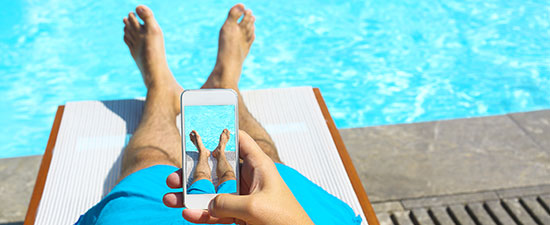 Listen Now
15 Summer Foot Care Tips to Put Your Best Feet Forward
Read More
Listen Now
15 Summer Foot Care Tips to Put Your Best Feet Forward
Read More
-
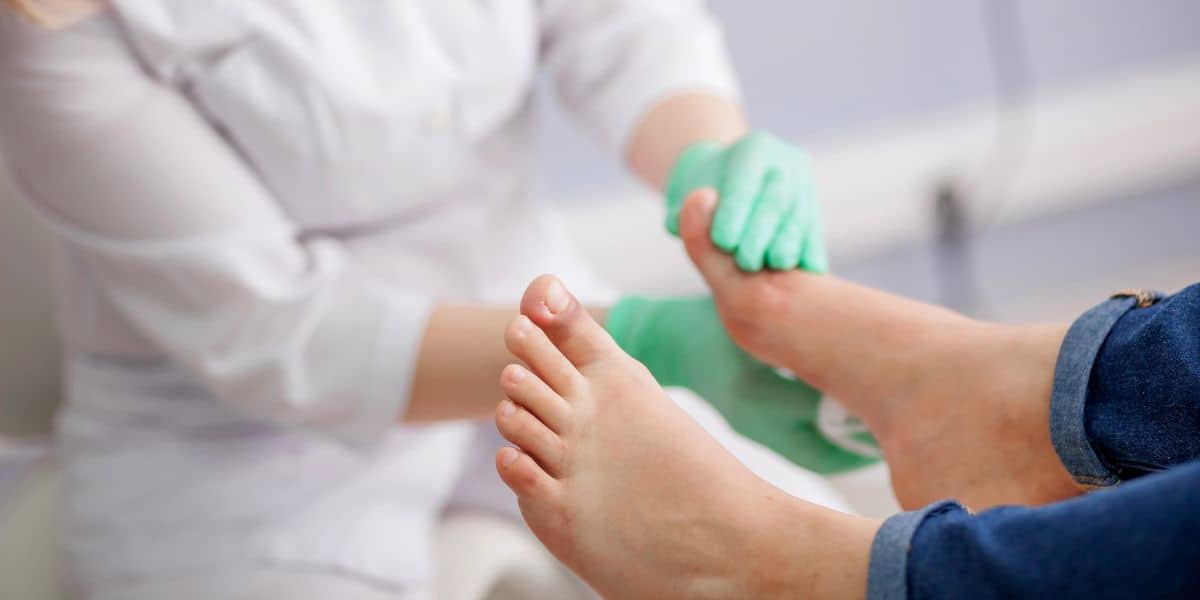 Listen Now
Non-Surgical Treatment for Plantar Fasciitis – What Are Your Options?
Read More
Listen Now
Non-Surgical Treatment for Plantar Fasciitis – What Are Your Options?
Read More
-
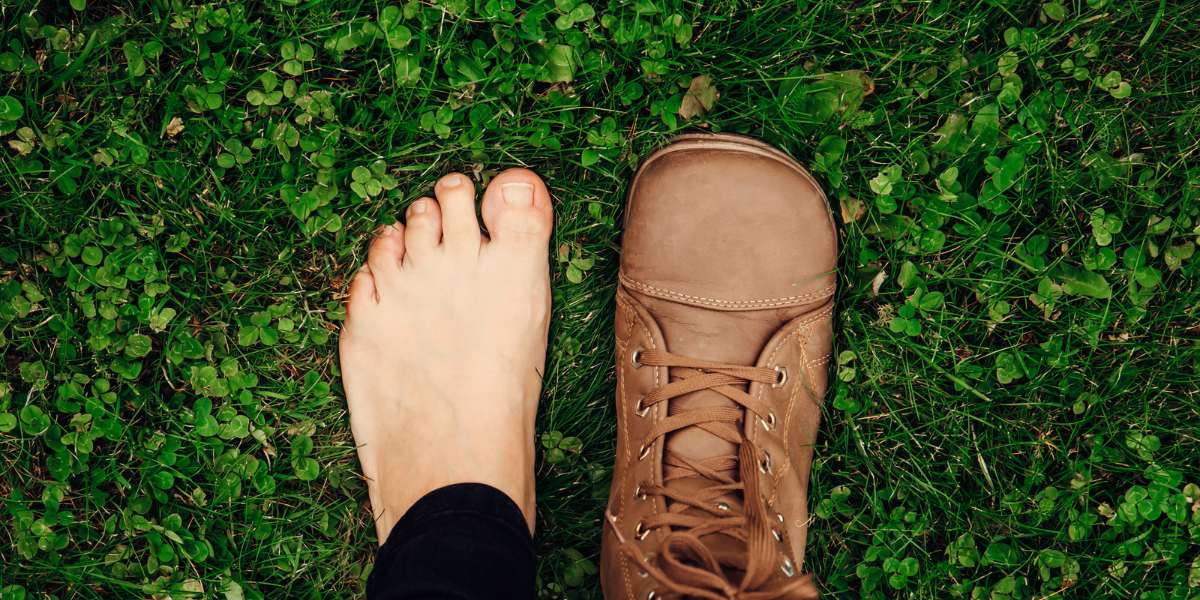 Listen Now
How To Tell If You Have Wide Feet
Read More
Listen Now
How To Tell If You Have Wide Feet
Read More
-
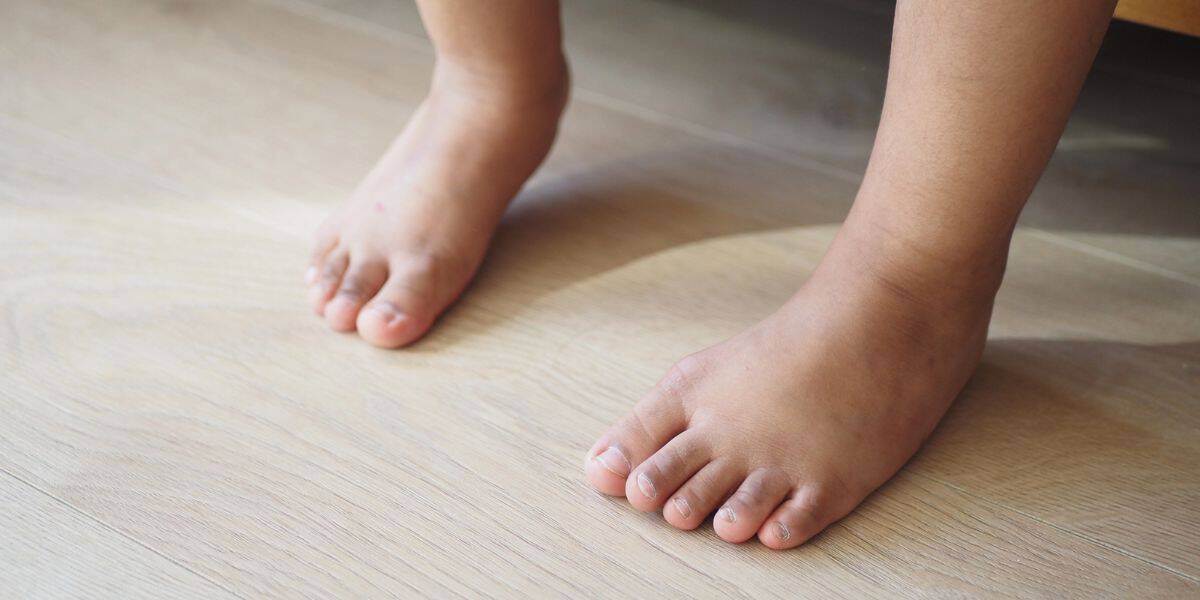 Listen Now
Pediatric Bunion Surgery
Read More
Listen Now
Pediatric Bunion Surgery
Read More
-
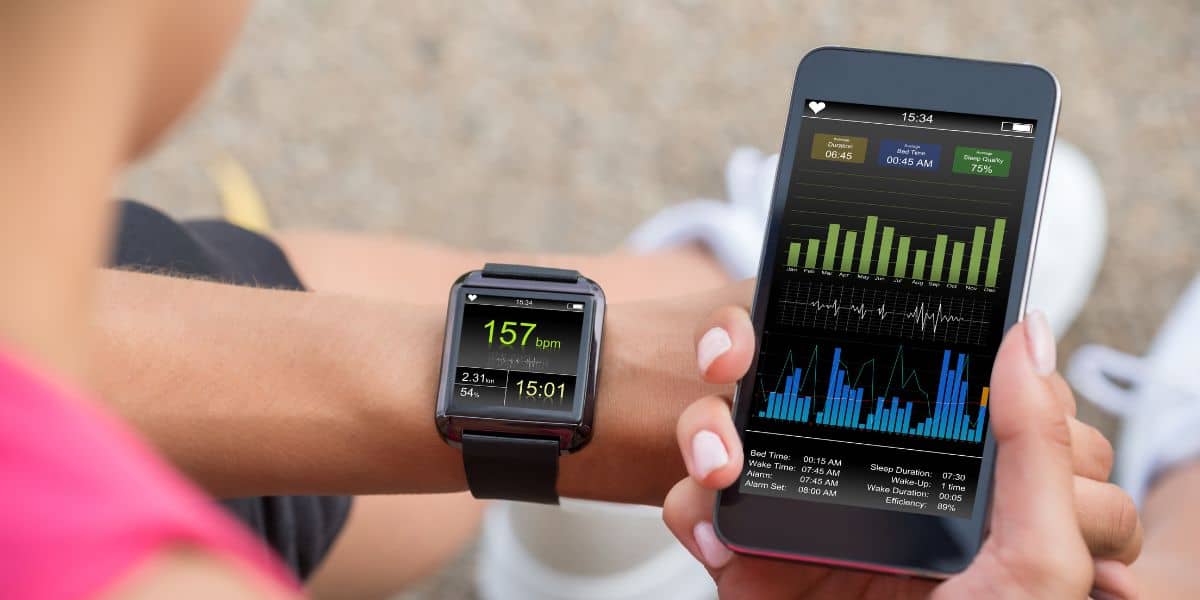 Listen Now
How Many Steps Do I Need A Day?
Read More
Listen Now
How Many Steps Do I Need A Day?
Read More
-
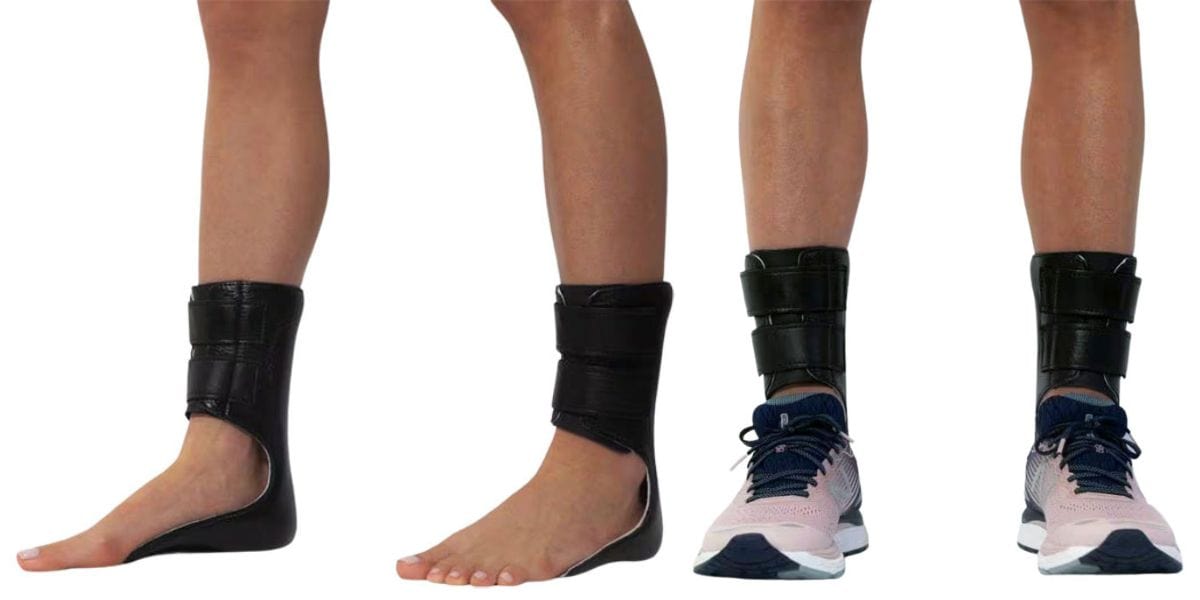 Listen Now
Moore Balance Brace: Enhance Stability and Prevent Falls for Better Mobility
Read More
Listen Now
Moore Balance Brace: Enhance Stability and Prevent Falls for Better Mobility
Read More
-
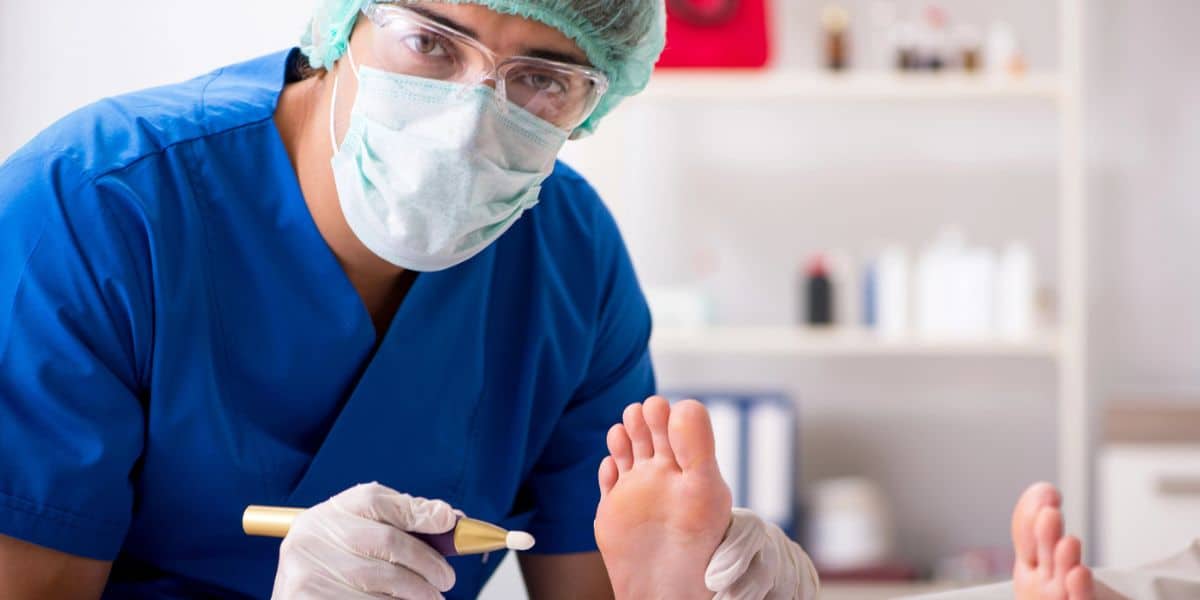 Listen Now
Should I See a Podiatrist or Orthopedist for Foot Pain and Ankle Problems?
Read More
Listen Now
Should I See a Podiatrist or Orthopedist for Foot Pain and Ankle Problems?
Read More
-
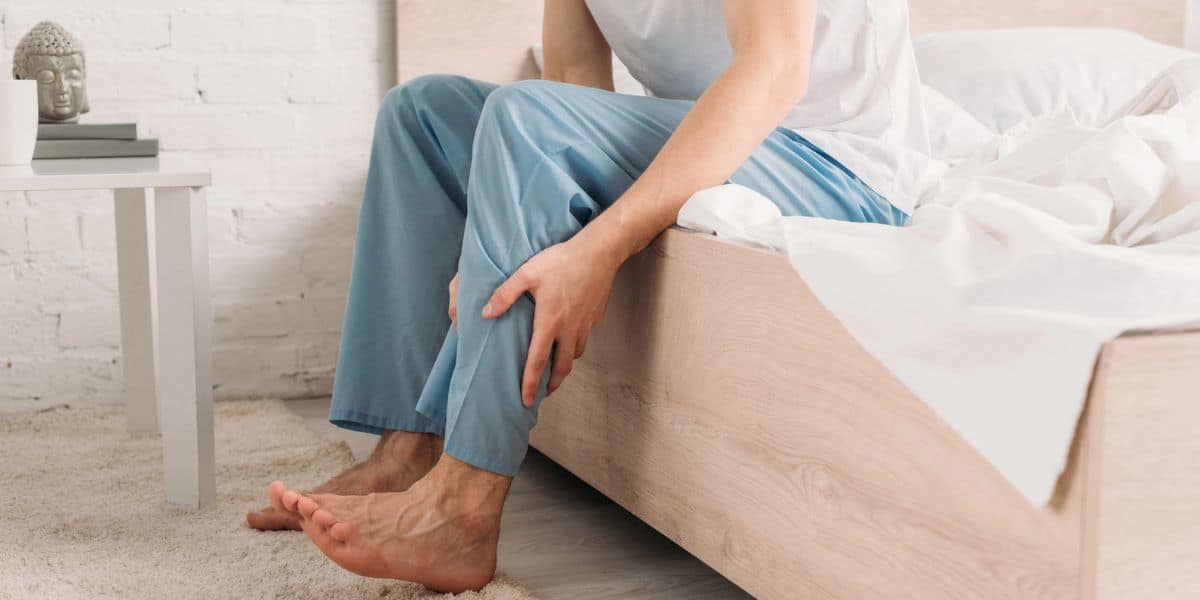 Listen Now
What Are Shin Splints?
Read More
Listen Now
What Are Shin Splints?
Read More
-
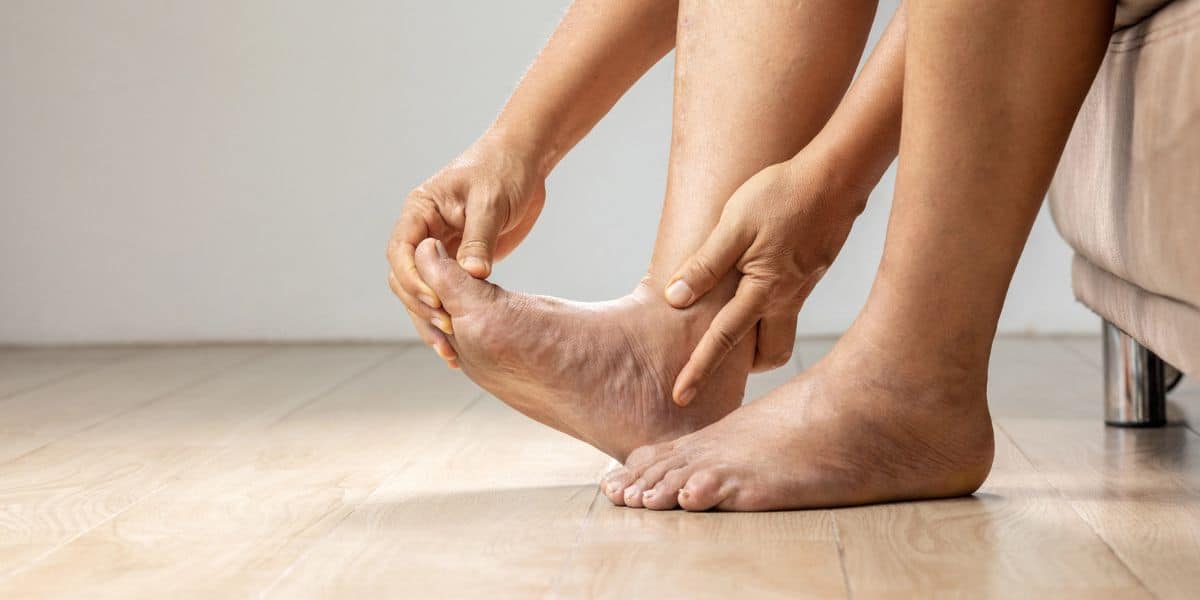 Listen Now
Top 10 Non-Surgical Treatments for Morton's Neuroma
Read More
Listen Now
Top 10 Non-Surgical Treatments for Morton's Neuroma
Read More
-
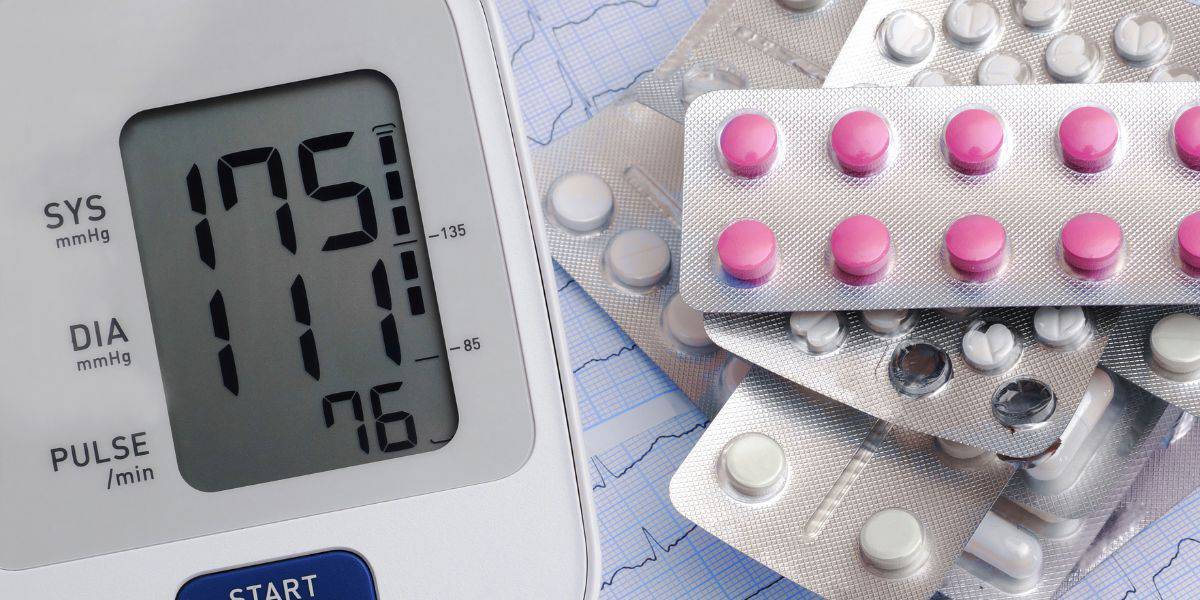 Listen Now
Do Blood Pressure Medicines Cause Foot Pain?
Read More
Listen Now
Do Blood Pressure Medicines Cause Foot Pain?
Read More
-
 Listen Now
Bunion Surgery for Seniors: What You Need to Know
Read More
Listen Now
Bunion Surgery for Seniors: What You Need to Know
Read More
-
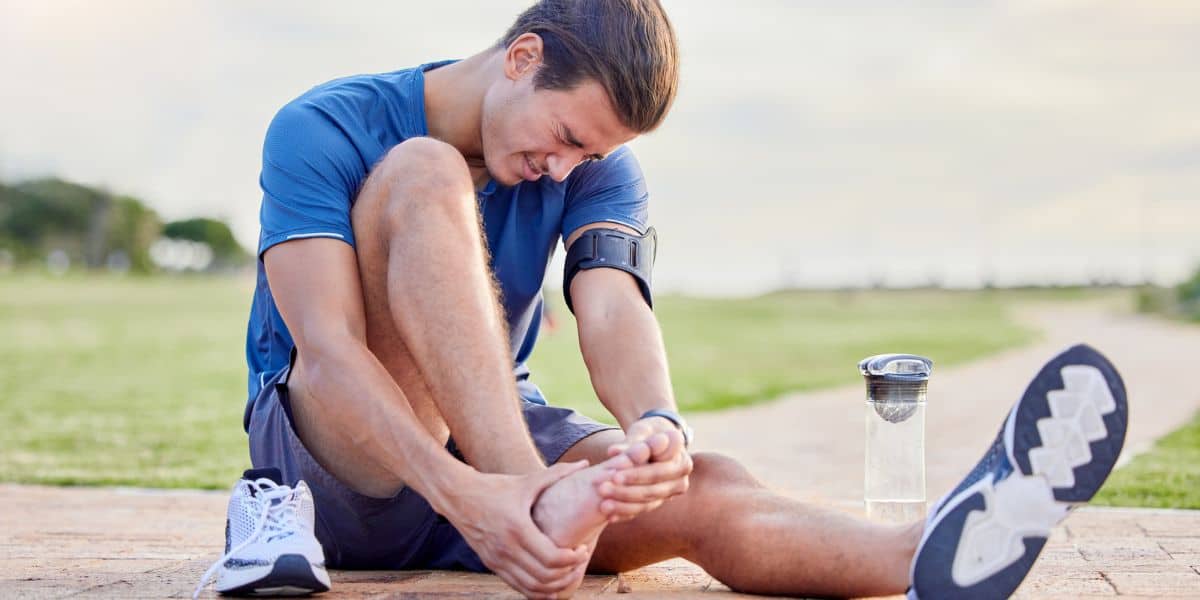 Listen Now
Bunion Surgery for Athletes: Can We Make It Less Disruptive?
Read More
Listen Now
Bunion Surgery for Athletes: Can We Make It Less Disruptive?
Read More
-
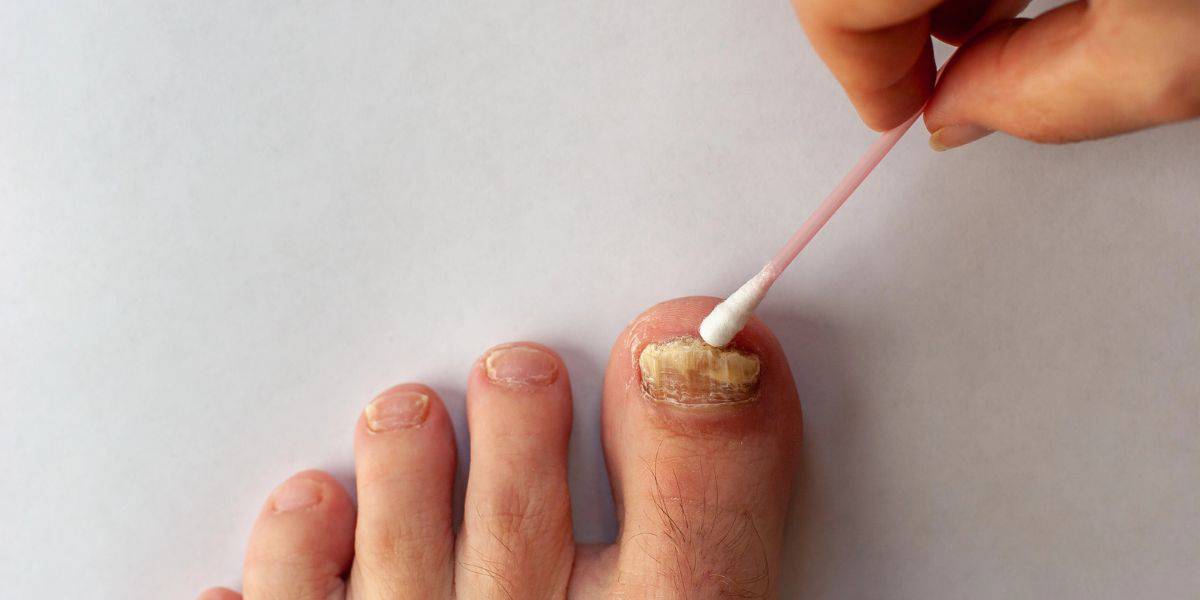 Listen Now
What To Do When Your Toenail Is Falling Off
Read More
Listen Now
What To Do When Your Toenail Is Falling Off
Read More
-
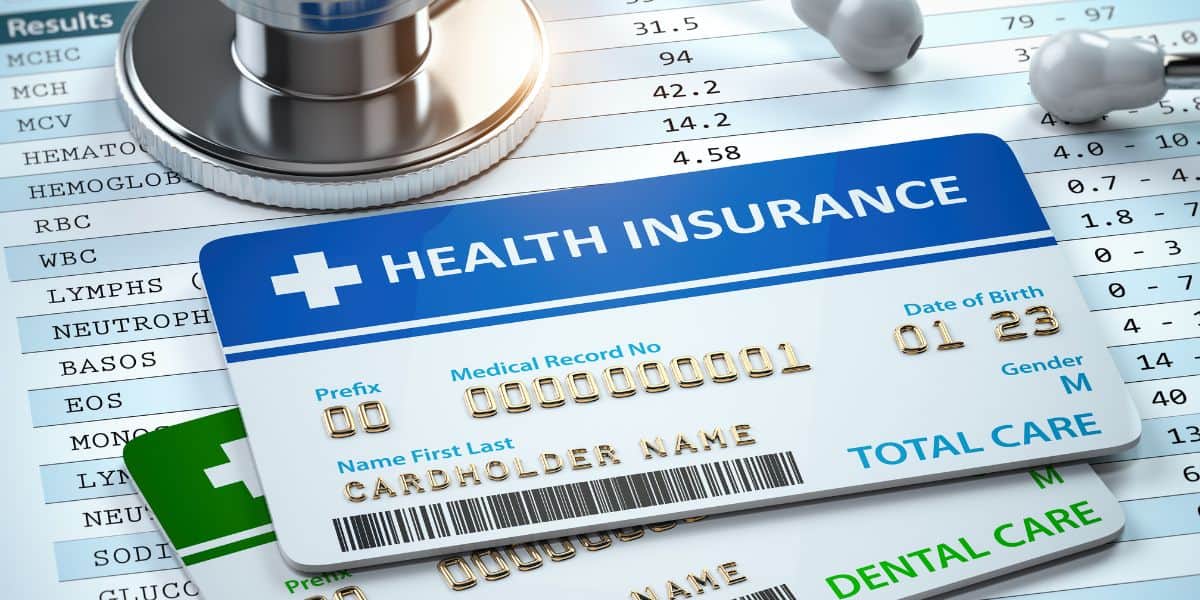 Listen Now
Is Bunion Surgery Covered By Insurance?
Read More
Listen Now
Is Bunion Surgery Covered By Insurance?
Read More
-
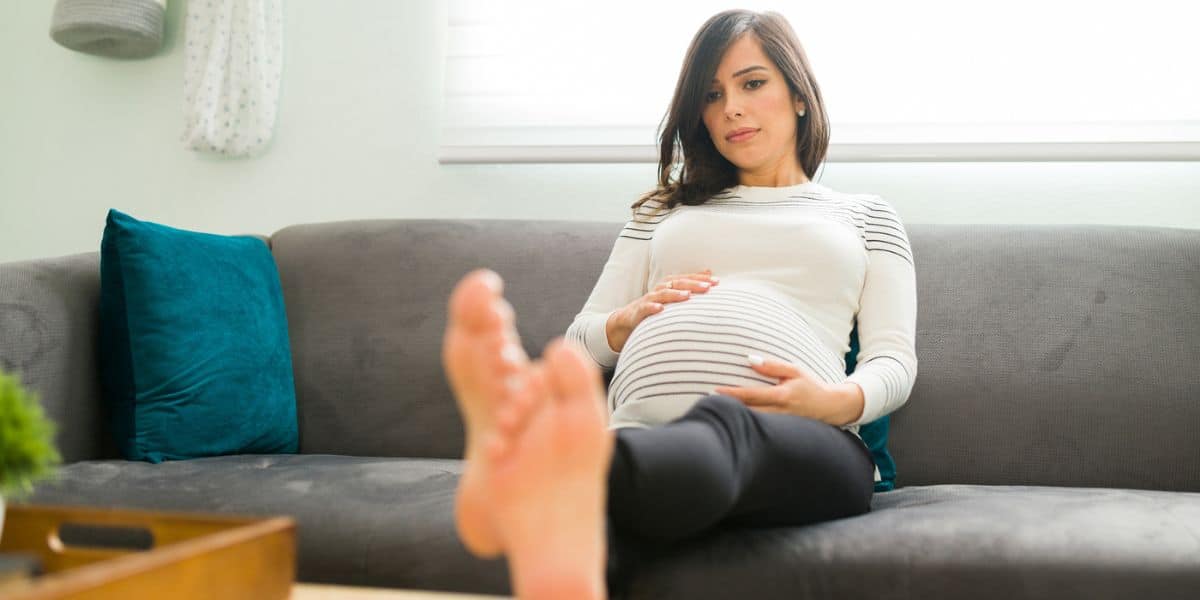 Listen Now
Swollen Feet During Pregnancy
Read More
Listen Now
Swollen Feet During Pregnancy
Read More














